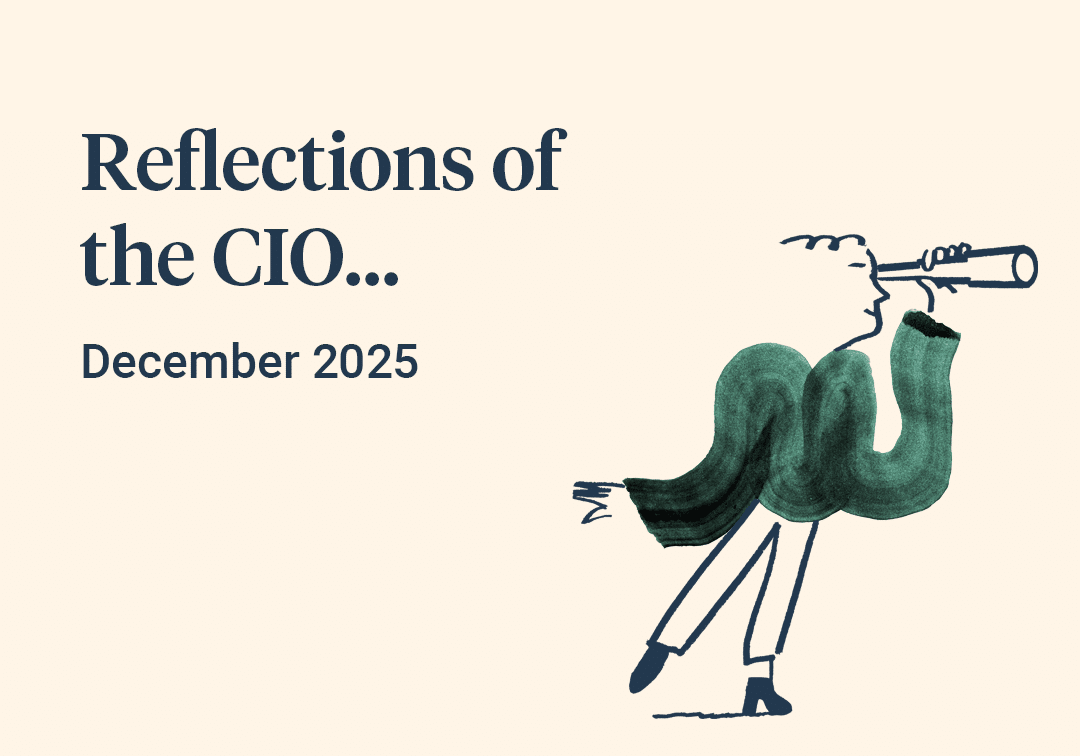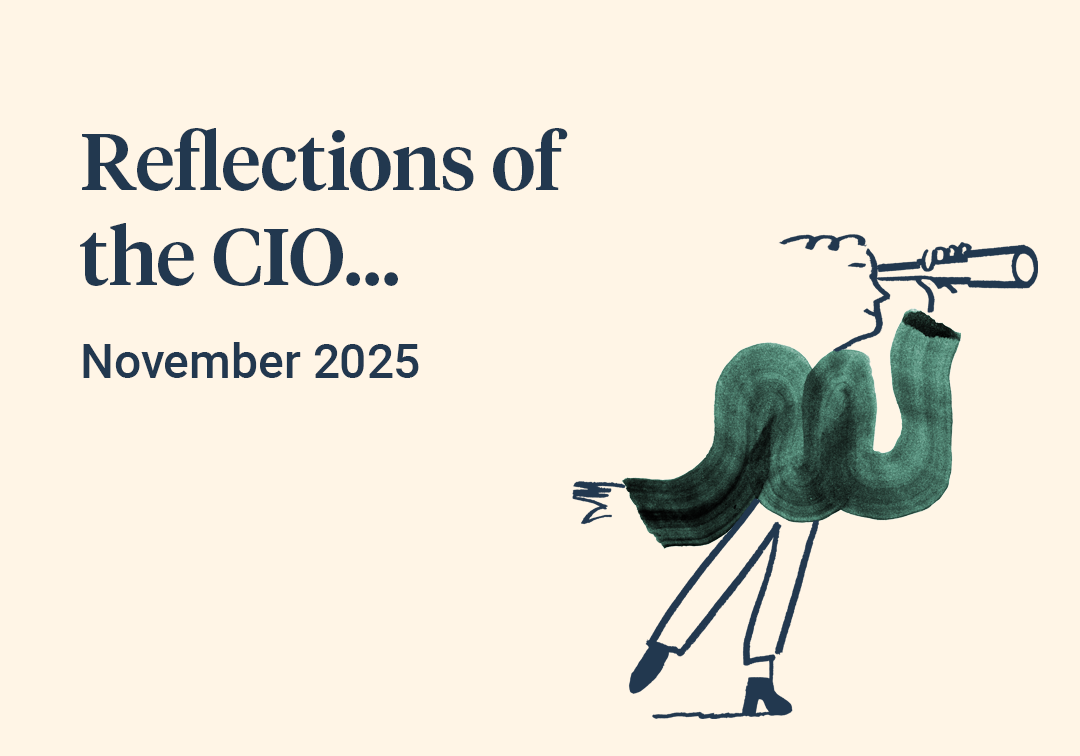May was an uncomfortable month for markets, particularly bond markets, as mercurial inflation trends combined with the prospect of a US government debt default to unsettle sentiment and shift prices lower. The damage was confined mainly to bond and commodity markets, with headline equity indices performing better, albeit it was an exceptionally narrow subset of stocks which were behind those gains.
In the end the US debt worries faded away as an outbreak of common sense took hold in the US body politic, allowing a deal to be reached before government money ran out. Although always an unlikely event, given the scale of the chaos that would have been unleashed if the US was unable to pay its debts, markets were always going to be a little jittery as the political drama played out during the month of May.
In the real economy, debt markets had more mundane reasons for being as unsettled as they were, centred around the fact that the latest inflation readings in the US and UK were not so good. This was true in the USA and even more so in the UK, where our underlying inflation readings actually ticked up in the latest report. These readings raised the prospect that interest rates will peak higher than originally thought, and stick there for longer, a point central banks had been trying to communicate for months, but which markets had refused to fully take on board. As the data confirmed the central bank stance, bond prices fell, with the UK gilt market having a particularly rough month, posting losses of around -5%.
The drag to the real economy from interest rates staying higher for longer is also being reflected in the wider commodity markets, with weak oil and metals prices a salient feature of the last two months. The Chinese economy is losing momentum after a strong period of bounce back post lockdown, and this adds to the growing body of evidence that the second half of 2023 is likely to be characterised by a period of sluggish economic growth and rising worries of recession.



